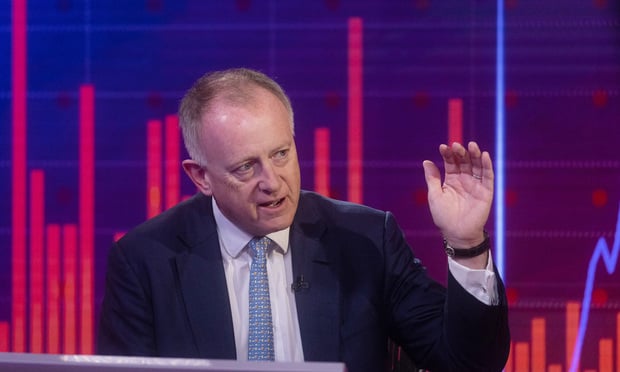WASHINGTON--A proposed tax on offshore reinsurers will likely raise costs for crop insurers and could reduce even further the players in that market, a lobbyist for Bermuda insurers warned Monday.
Brad Kading, president and executive director of the Association of Bermuda Insurers and Reinsurers, said domestic insurers are wrong in saying that, because the government sets the price for crop insurance, the proposed tax will not have an impact on rates.
The issue was raised as the National Crop Insurance Services (NCIS), which negotiates on behalf of the crop insurers, continues to work with the Risk Management Agency (RMA), a bureau at the U.S. Department of Agriculture, on a Standard Reinsurance Agreement for NCIS member companies.
The RMA has proposed major cuts in subsidies provided to crop insurers by the Department of Agriculture, and the NCIS has been negotiating to narrow the planned cuts since January.
Mr. Kading made his comments during a panel discussion at the annual Risk and Insurance Management Society Inc.'s "RIMS On the Hill" conference now underway.
The topic of discussion was legislation, H.R. 3424, proposed by Rep. Richard Neal, D-Mass, that would disallow the deduction for "excess non-taxed reinsurance premiums" paid by the U.S. units of offshore insurers to offshore reinsurance affiliates.
In his comments, Mr. Kading said that about 70 percent of the reinsurance for insurers specializing in crop reinsurance goes to international reinsurers.
"Obviously, this market will be affected by the discriminatory reinsurance tax," Mr. Kading added.
He acknowledged that the government does set the price for crop insurance, but the impact of the reinsurance tax, as per a study by a private consulting group commissioned by Bermuda insurers, "will be to force up the price for reinsurance" not provided by the offshore affiliates of foreign insurers.
"Those insurers in the crop field looking to replace unaffiliated reinsurance will be substituting more expensive capital or more expensive unaffiliated reinsurance since the paradigm on reinsurance pricing will shift post-enactment" of the Neal bill, Mr. Kading said.
He added that the "higher costs of the reinsurance may force some crop insurers out of the market, so the continuing trend toward consolidation in this field will continue."
He explained that when the crop program began, there were 60 insurers. But last year, he noted, there were 15 approved by the USDA.
"When there are four crop insurers left standing, what will be the impact on service and innovation for the farmer?" he asked.
The impact may also be to force the remaining crop insurers to buy more reinsurance from the federal government, which in catastrophic loss years could increase the U.S. budget deficit, Mr. Kading said.
Want to continue reading?
Become a Free PropertyCasualty360 Digital Reader
Your access to unlimited PropertyCasualty360 content isn’t changing.
Once you are an ALM digital member, you’ll receive:
- Breaking insurance news and analysis, on-site and via our newsletters and custom alerts
- Weekly Insurance Speak podcast featuring exclusive interviews with industry leaders
- Educational webcasts, white papers, and ebooks from industry thought leaders
- Critical converage of the employee benefits and financial advisory markets on our other ALM sites, BenefitsPRO and ThinkAdvisor
Already have an account? Sign In Now
© 2025 ALM Global, LLC, All Rights Reserved. Request academic re-use from www.copyright.com. All other uses, submit a request to [email protected]. For more information visit Asset & Logo Licensing.








